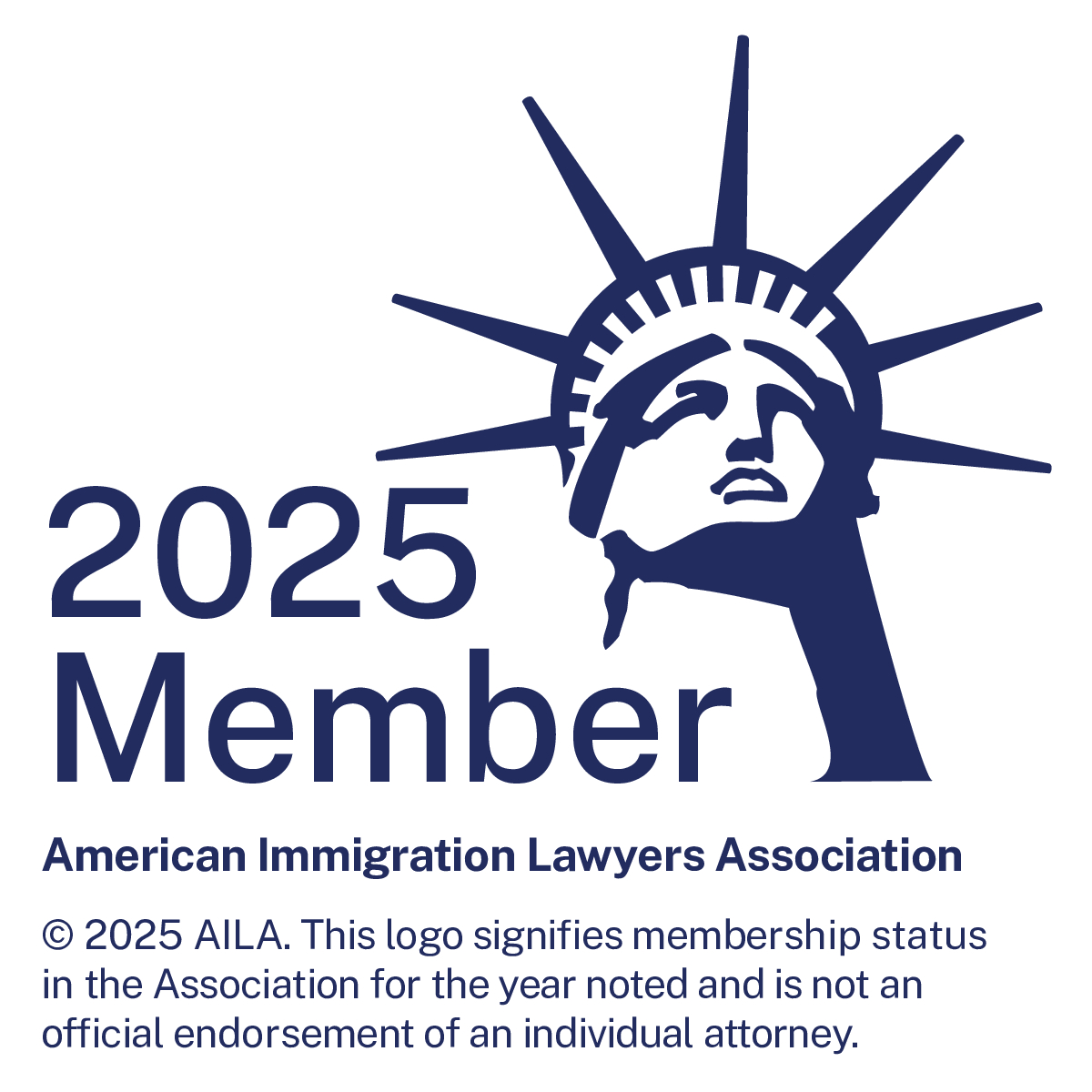
What is the H-1B visa?
The H-1B visa is for specialty occupations with U.S. employers, Department of Defense projects, and fashion models. The specialty occupation subcategory is by far the most used H-1b type. The H-1B visa provides employer-specific work authorization for up to three years at a time, with extensions possible after that. This category of work permit is limited by the government and is in high demand. Further, the category is highly regulated with complicated rules governing both the substantive qualification of each case as well as procedural requirements for employers and workers. For most H-1Bs in the private sector, the filing deadline is in March and a “lottery” for available visas happens in April, hence why many people refer to March and early April as “H-1B season.”
H-1B Requests for Evidence (“RFEs”)
Like any immigration petition, H-1Bs can be subject to Requests For Evidence (RFE) if the USCIS deems any part of the initial petition insufficient. RFEs can be procedural, such as requests for updated forms if old ones were submitted. RFEs can also be substantive, claiming that a petition doesn’t satisfy a necessary legal criterion and requesting evidence to demonstrate otherwise.
The recent trend for H-1B visa adjudication has shown a strong uptick in the issuance of RFEs. A good immigration lawyer can counsel you on how to minimize the chances of receiving an RFE. Successful H-1Bs requires a properly evidenced petition that is drafted with the latest USCIS policies in mind. As such, an immigration attorney should guide your company from the early phases of the hiring process, and if possible from the early phases of the company’s formation period.
H-1B Requirements for Employer:
The H-1B has different requirements for the U.S. employer and for the foreign beneficiary worker. The employer must show, among other things, that the position qualifies as “specialty” under the USCIS standards, and the beneficiary worker must show, among other things, that he/she is qualified for the position.
H-1B employers can demonstrate a “specialty occupation” using the standards set forth in 8 CFR § 214.2(h)(4)(ii). This assessment is the heart of the H-1b visa so consult your attorney to make sure the case qualifies.
H-1B employers are required to uphold certain wage and labor standards, as governed by the Department of Labor. This compliance is documented through a Labor Condition Application (LCA) for which the employer must attest that the worker will be paid the average salary for the position, location, and wage level.
The H-1B “lottery” system?
Congress has capped the number of new H-1B visas that can be issued each year to 65,000 plus an extra 20,000 for candidates who graduated from an eligible Master Degree program in the United States. The demand has consistently outran these limitations in all recent years, causing the USCIS to determine “lottery” style which H-1B petitions will be accepted and adjudicated. Most private sector companies are subject to this cap on H-1b visas, so they must go through the lottery.
Alternatively, a “cap-exempt” entity can totally skip the lottery and filing deadlines. This includes universities and government research institutions. If your petitioner is cap exempt, they will be able to file your petition at any date without being bound to the April filing window or the lottery. If you get approved for employment with a cap-exempt organization, you can then apply for permission to work concurrently other private-sector employers.


